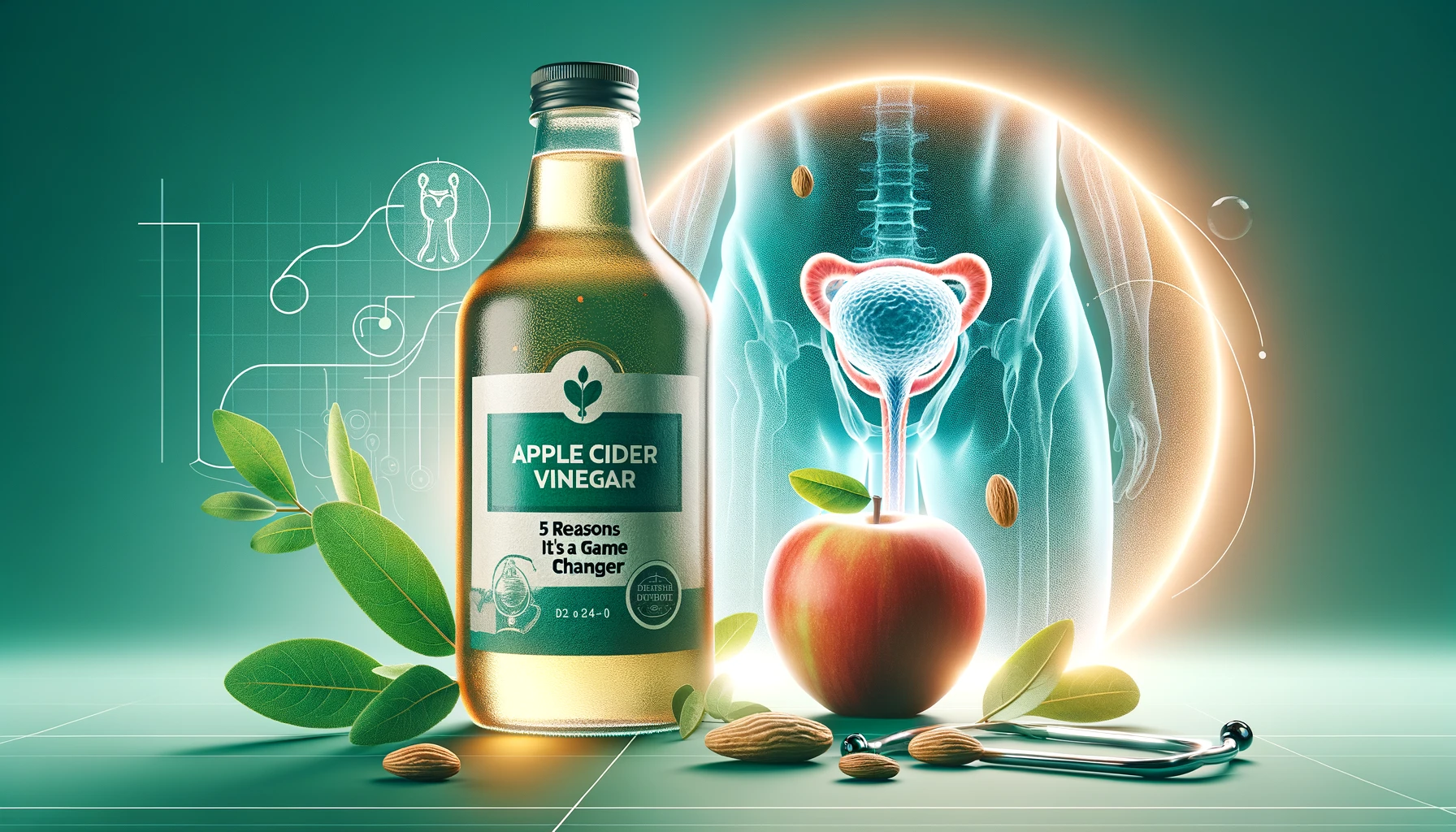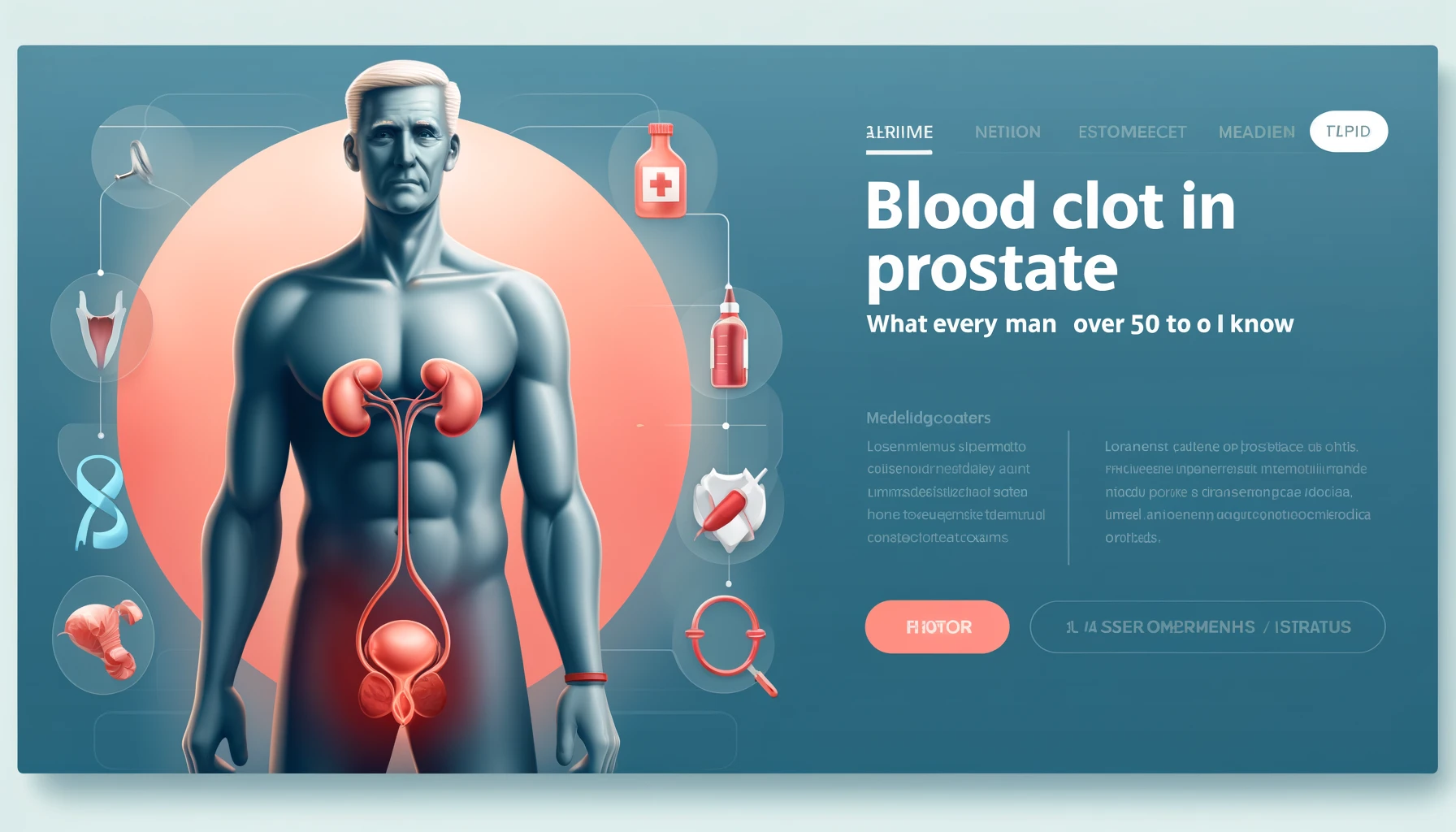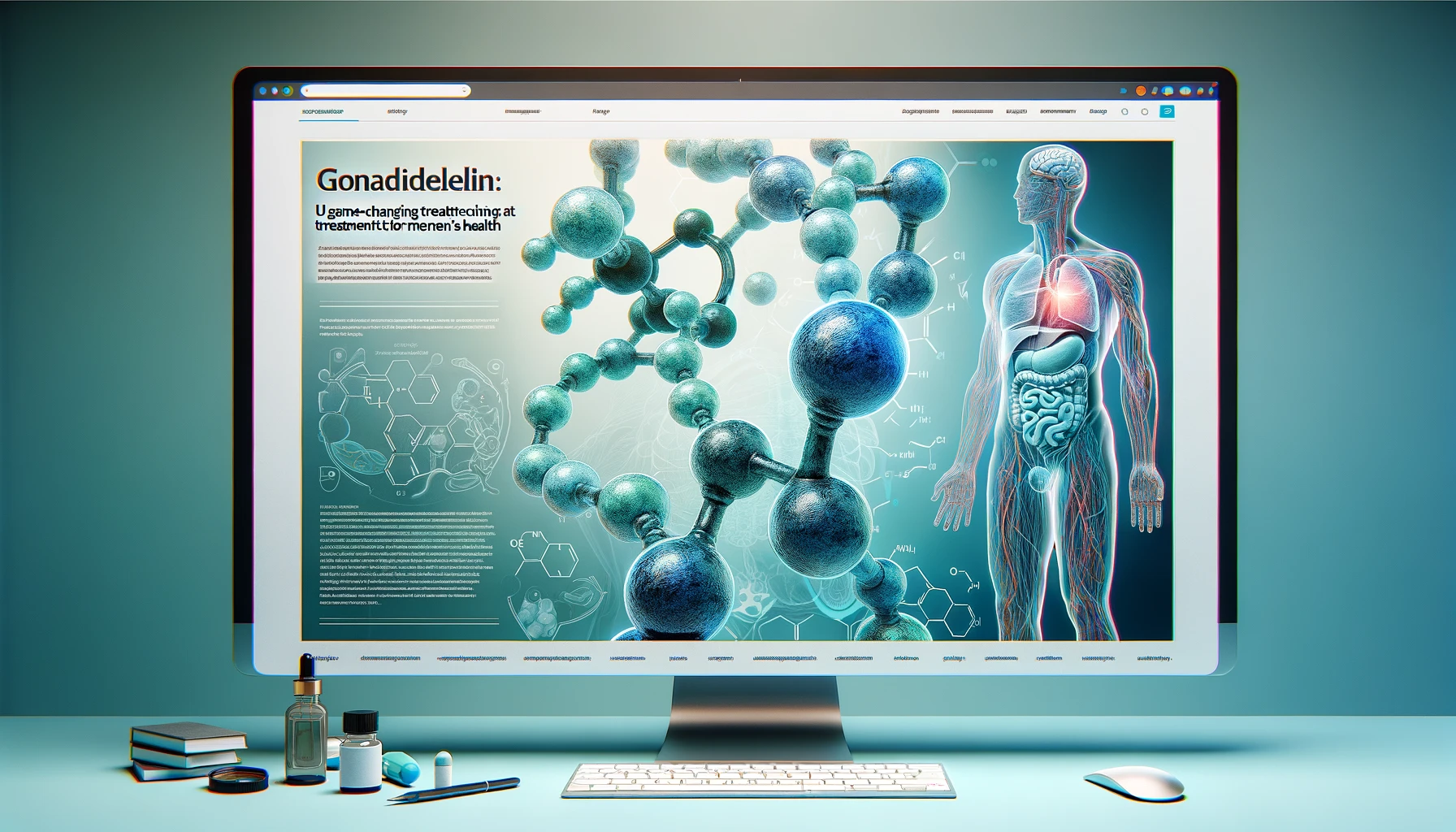Seminal fluid, commonly known as semen, is a crucial component of the male reproductive system. It is a mixture of sperm cells and other liquids forming the seminal plasma together.
The primary function of seminal fluid is to transport sperm cells from the male reproductive tract to the female reproductive tract, where they can fertilize eggs. In this section, we will delve deeper into the composition and production of seminal fluid.
Contents
Composition of Seminal Fluid
The seminal fluid consists of two main components: sperm cells and seminal plasma. Sperm cells are produced in the testes and constitute only a tiny percentage of the total volume of semen [5]. The remaining book comprises seminal plasma, a mixture of fluids from various glands, including the seminal vesicles, prostate gland, and bulbourethral glands. Seminal plasma provides a supportive environment for sperm cells, supplying them with nutrients, enzymes, and other factors necessary for survival and function.
Seminal Vesicles and Their Role in Seminal Fluid Production
Seminal vesicles are small, sac-like glands behind the bladder and in front of the rectum. They play a vital role in producing and storing seminal fluid [4]. The fluid produced by the seminal vesicles is rich in proteins, enzymes, and other substances that nourish and protect sperm cells. This fluid also contains fructose, which provides an energy source for sperm cells as they travel through the female reproductive tract.
During ejaculation, the seminal vesicles release their fluid into the ejaculatory ducts, which mix with sperm cells from the testes and juices from the prostate gland and bulbourethral glands. This mixture then travels through the urethra and is expelled from the penis during orgasm.
Semen and Sperm
Sperm cells are produced in the testes and comprise a small portion of the semen volume [5]. The rest contains seminal plasma, which provides nutrients, enzymes, and other factors necessary for sperm survival and function.
Factors Affecting Seminal Fluid Production
Various factors, including age, genetics, overall health, and lifestyle choices, can influence the production of seminal fluid. Hormonal imbalances, and shallow testosterone levels, can negatively impact seminal fluid production. Medical conditions such as diabetes, obesity, and infections can also decrease seminal fluid volume.
Lifestyle factors, such as poor diet, lack of exercise, smoking, and excessive alcohol consumption, can all contribute to reduced seminal fluid production. Additionally, stress and anxiety can negatively affect hormone levels and lead to a decrease in semen volume.
In summary, seminal fluid production is a complex process involving various glands and factors. Seminal fluid provides a supportive environment for sperm cells, ensuring their survival and ability to fertilize eggs. Understanding the composition, production, and factors that influence seminal fluid can help individuals take steps to improve their reproductive health and fertility.
Causes of Low Seminal Fluid Production
Low seminal fluid production, or reduced semen volume, can be caused by various factors. This section will explore these causes in greater detail, which can be grouped into medical, lifestyle, and genetic factors.
Medical Causes
Retrograde ejaculation occurs when semen flows backward into the bladder instead of expelled through the penis during ejaculation [9]. Retrograde ejaculation can result from surgery, prostate enlargement, nerve damage, or certain medications, such as those used to treat high blood pressure and prostate issues [2].
Blockages and Varicocele: Blockages in the seminal vesicles or ejaculatory ducts can lead to low semen volume [8]. Varicoceles, which are enlarged veins in the scrotum, can also cause blockages and restrict blood flow, reducing seminal fluid production.
Hormonal Imbalances: Low testosterone levels or other hormonal imbalances can negatively impact seminal fluid production. Conditions such as hypogonadism, thyroid disorders, and pituitary gland problems can contribute to hormonal imbalances.
Infections: Infections, particularly those affecting the reproductive system, such as epididymitis, orchitis, and prostatitis, can lead to reduced seminal fluid production.
Medical Conditions: Chronic health conditions, such as diabetes, obesity, and kidney or liver disease, can impact seminal fluid production.
Lifestyle Factors
Poor Diet: A diet lacking essential nutrients, vitamins, and minerals can negatively impact overall health and seminal fluid production.
Lack of Exercise: A sedentary lifestyle can contribute to obesity, reduced blood circulation, and hormonal imbalances, all of which can affect seminal fluid production.
Smoking and Alcohol Consumption: Smoking can damage blood vessels, reduce blood flow to the genitals, and decrease sperm count and seminal fluid volume. Excessive alcohol consumption can also lead to hormonal imbalances and reduced seminal fluid production.
Stress and Anxiety: High pressure and anxiety levels can negatively affect hormone levels, decreasing semen volume.
Genetic Factors
Some men may have a genetic predisposition to producing lower volumes of seminal fluid. Genetic conditions, such as cystic fibrosis or Klinefelter syndrome, can affect the development and function of the male reproductive system, leading to reduced seminal fluid production.
In conclusion, low seminal fluid production can be caused by various factors, including medical conditions, lifestyle choices, and genetic predispositions. Understanding these causes can help individuals identify potential issues and take appropriate steps to improve their reproductive health and fertility.
How to Increase Seminal Fluid Production
Improving seminal fluid production can positively impact fertility and overall reproductive health. Here are some effective methods to increase seminal fluid production:
1. Maintain a Healthy Diet
A balanced diet rich in vitamins and minerals is crucial for overall health and seminal fluid production. Consuming foods high in antioxidants, such as fruits and vegetables, can help protect sperm cells from damage. Foods rich in zinc and folic acids, such as oysters, beef, spinach, and beans, can help increase sperm count and seminal fluid volume [6]. Omega-3 fatty acids in fish, walnuts, and flaxseeds can promote sperm health and seminal fluid production [7].
2. Stay Hydrated
Adequate water intake is essential for maintaining the proper functioning of all bodily systems, including the male reproductive system. Drinking plenty of water can help support seminal fluid’s right consistency and volume.
3. Exercise Regularly
Regular exercise can help maintain a healthy weight, improve blood circulation, and promote hormonal balance, positively affecting seminal fluid production. Moderate exercise is recommended, as an excessive activity may cause hormonal imbalances and negatively impact sperm production.
4. Manage stress
High-stress levels can affect hormone production and decrease seminal fluid volume. Practicing stress management techniques, such as meditation, yoga, or deep breathing exercises, can help regulate stress and improve overall well-being.
5. Avoid Excessive Heat
Sperm production and seminal fluid require a slightly lower temperature than the rest of the body. Prolonged exposure to high temperatures, such as hot tubs or saunas, can negatively impact sperm count and seminal fluid production. Wearing loose-fitting underwear and avoiding long periods of sitting with crossed legs can also help maintain a lower scrotal temperature [3].
6. Limit Alcohol and Tobacco Consumption
Smoking and excessive alcohol consumption can adversely affect sperm health and seminal fluid production. Reducing alcohol intake and quitting smoking can improve overall reproductive health.
7. Consider Supplements
Certain supplements, such as L-carnitine, L-arginine, and Coenzyme Q10, may help improve sperm health and seminal fluid production. However, it’s essential to consult a healthcare professional before starting any supplement regimen.
8. Seek Medical Advice
Consulting a healthcare professional is crucial if low seminal fluid production persists despite lifestyle changes. A medical professional can help identify underlying conditions and recommend appropriate treatment options.
In summary, increasing seminal fluid production involves adopting a healthy lifestyle, managing stress, and avoiding exposure to harmful substances. By implementing these strategies, individuals can improve their reproductive health and fertility.
Conclusion
In conclusion, understanding the importance of seminal fluid production, diet and nutrition, and positive lifestyle changes are essential to promoting overall health and well-being.
By implementing a balanced diet, engaging in regular physical activity, managing stress, staying hydrated, and avoiding harmful substances, individuals can improve their reproductive health, maintain optimal bodily functions, and reduce the risk of chronic diseases.
In addition, adopting these healthy habits can enhance mental and emotional well-being, leading to a higher quality of life. It’s crucial to remember that each individual’s journey towards a healthier lifestyle is unique, and seeking guidance from healthcare professionals can help tailor recommendations to individual needs and goals.
FAQs
What is seminal fluid, and why is it important?
Seminal fluid, or semen, is emitted from the male reproductive tract. It contains sperm cells capable of fertilizing female eggs and seminal plasma, which helps maintain the viability of sperm cells. Seminal fluid plays a crucial role in male fertility and overall reproductive health.
How can I improve my diet and nutrition for overall health?
To improve your diet and nutrition:
– Focus on consuming a balanced diet rich in fruits, vegetables, whole grains, lean proteins, and healthy fats.
– Limit processed foods, added sugars, and saturated fats.
– Stay hydrated by drinking plenty of water, and practice portion control to maintain a healthy weight.
What are some effective lifestyle changes to enhance overall well-being?
Effective lifestyle changes to enhance overall well-being include:
– Maintaining a balanced diet.
– Exercising regularly.
– Managing stress.
– Getting adequate sleep.
– Staying hydrated.
– Limiting alcohol and tobacco consumption.
– Fostering positive social connections.
How can I increase my seminal fluid production?
To increase seminal fluid production, adopt a healthy diet, stay hydrated, exercise regularly, manage stress, avoid excessive heat, limit alcohol and tobacco consumption, consider supplements, and seek medical advice for any persistent issues.
Are there any risks associated with making drastic lifestyle changes?
While making positive lifestyle changes is generally beneficial, it’s essential to approach them gradually and mindfully. Drastic changes can sometimes lead to physical or mental stress, hindering progress. Consult a healthcare professional before making significant changes, especially if you have pre-existing medical conditions or concerns.
Reference
1.https://www.bensnaturalhealth.com/blog/seminal-fluid/
2.https://www.healthline.com/health/mens-health/weak-ejaculation
3.https://www.wikihow.com/Increase-Your-Ejaculate
4.https://my.clevelandclinic.org/health/body/22433-seminal-vesicle
5.https://www.britannica.com/science/semen
6.https://www.largerloads.com/how-to-increase-seminal-fluid/
7.https://www.leadingedgehealth.com/3-ways-to-increase-seminal-fluid/
8.https://semenrx.com/what-causes-low-semen-volume-and-what-to-do-about-it/
9.https://www.mayoclinic.org/diseases-conditions/retrograde-ejaculation/symptoms-causes/syc-20354890
10.https://www.mayoclinic.org/symptoms/dry-orgasm/basics/causes/sym-20050906












